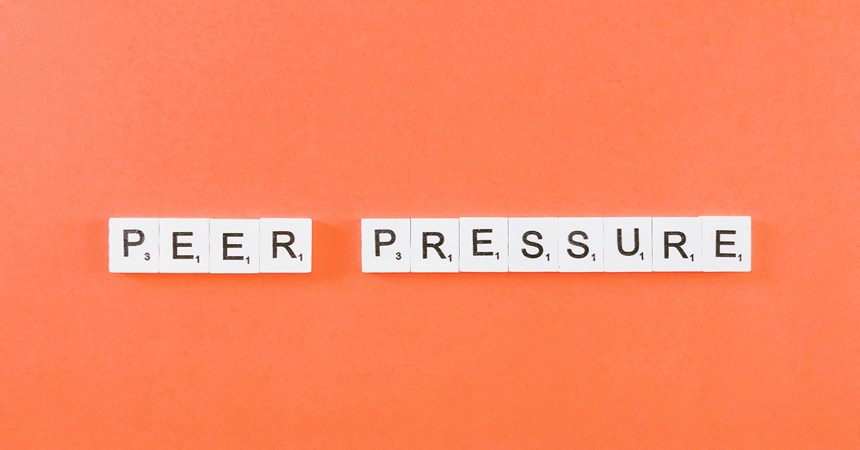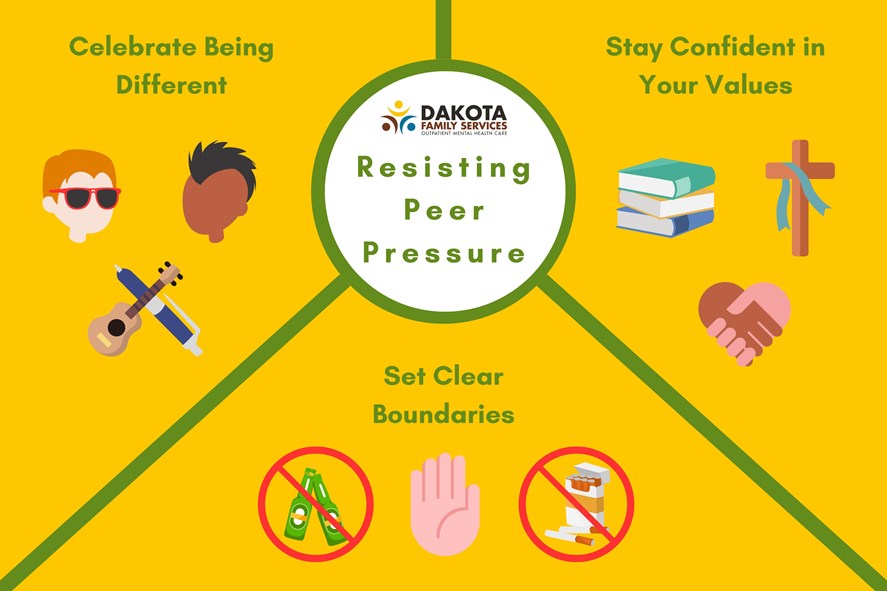Growing up can be confusing. We are expected to listen to the same music, wear the same brands, and join the same activities. Sometimes we feel pressured to be a certain way to fit in or impress our friends. The conflicting pressures of wanting to fit in while staying true to yourself can be hard to navigate.
How do you assert yourself when your beliefs are not in line with those around you? In this blog, we will offer some advice on how to balance who you are with your desire to fit in.
Celebrate Being Different
We all know the pressure to fit in. But some of us just don't seem to fit the mold, no matter how hard we try. If that is the case for you, you might feel like you're on an endless seesaw where you're either trying too hard or not trying enough. The most important thing to know is that your opinions and preferences are valid, and you don’t have to fit into the mold of what society tells you is right or wrong. We all have different beliefs, likes, and dislikes—that is what makes the world so diverse and exciting.
As we go through life trying to figure out who we are, we may "try on" the likes and beliefs of others to see if they resonate with our identity. Sometimes, we get confused and adopt popular beliefs and likes simply because they are widely accepted and practiced. It’s important to take a step back to remember who we are, where we come from, and why certain likes or beliefs are important.
Setting Boundaries
Sometimes people use fear tactics to try to get others to conform to their beliefs. They try to convert us into thinking like them by saying things like, "you're weird" or "that's stupid." If that happens to you, remember that it is okay to think differently than someone else. When you are called out for your beliefs or pressured to do something that makes you uncomfortable, take a deep breath and calmly say, "No, thank you."
It might be easier to just go along with what your friends say or want to do. Instead, set clear boundaries and share them with your friends. Learning how to build self-esteem can help you feel more confident setting boundaries.
If your friends want to drink and you don’t drink, calmly say, “No, thank you.” If you are at a home where drinking is going on, find an excuse to leave. You could explain yourself, but in the moment, it’s probably best to just remove yourself from the situation. If you lose a friend because you won’t drink (or whatever it is that goes against your values), remember there is no such thing as "the popular crowd" anymore. People of all different types of personalities comprise any group. It might be better to find people who accept your qualities, rather than stick with those who expect you to change for them.
Your Opinion Is All That Matters
We are all concerned with what others think of us—it’s part of the human condition. Remind yourself that you can’t control what other people are thinking, only how you respond. If someone thinks negatively of your preferences or beliefs, that is their issue. Staying true to yourself and living the life you want to live is more important than fitting into a particular group.
Your values and standards make you who you are—they give structure to life based on what you deem is important. Stick to your values and beliefs knowing that being "cool" or "popular" isn’t important. In the end, the only opinion that matters is your own.



